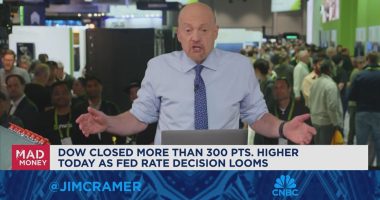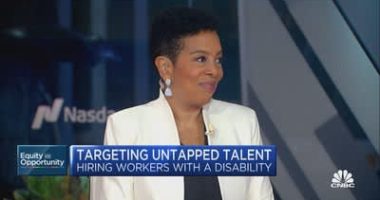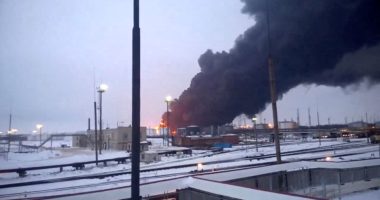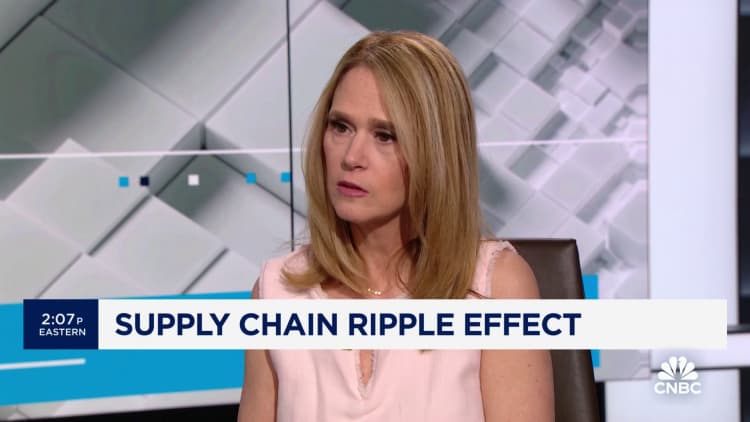
MSC, the largest ocean carrier in the world, has joined the list of ocean carriers terminating the delivery of diverted containers outside of the port for shipping clients as a result of the container ship accident near the Port of Baltimore that led to the tragic bridge collapse. With the Baltimore port indefinitely closed, the decision places the onus of cargo pick up at a diverted port and transport to its final destination on the shipper.
In an email to customers obtained by CNBC on Thursday, MSC explained that for customer containers already on the water bound for the Port of Baltimore, cargo will be rerouted and discharged at an alternate port where it will be made available for pick-up.
“For these shipments, the contract of carriage will be declared terminated at this alternate port and storage, D&Ds and on-carriage costs to the initially intended destination will be for the sole cargo’s account,” the MSC advisory said.
MSC added that “passage to and from Baltimore is at this time impossible and will not be reestablished for several weeks if not months.”
CMA CGM, COSCO, and Evergreen were the first carriers to announce similar moves and in some cases formally declare “force majeure,” a legal term which refers to the right to waive contract duties when events beyond a party’s control occur.
MSC said in its customer communication that it “apologizes for the disruption caused by this contingency plan which is required in response to events beyond our control, but which is taken in compliance with the terms of the contract of carriage.”
MSC did not immediately respond to CNBC’s request for comment.
Maersk is the only major carrier to say it will provide transport from diverted ports for customers.
Maersk was the charter of the Dali, 10,000-container capacity containership that lost control and crashed into the Francis Scott Key Bridge in the early hours of Tuesday.
After the pandemic boom which led to historic profits, ocean carriers have been through a period of financial and operational challenges, with vessel overcapacity, declining earnings, and the Red Sea Houthi attacks and Panama Canal drought leading to costly diversions from major global trade routes.
Logistics companies have been scrambling since the accident to make alternate transport plans and keep up with carrier diversions, and executives told CNBC on Wednesday that the next few days will be critical in the movement of the diverted trade away from the Port of Baltimore.
The Port of Baltimore, the nation’s eleventh-largest port, is No. 1 in the U.S for auto/light truck and agriculture tractor imports and exports, in addition to handling clothing, household goods, construction materials, electronics and appliances, and produce.
Among the unresolved issues, logistics executives have cited ocean carriers not updating their vessel transits fast enough to alert them to the new diverted port so they can plan for their customer’s container pick-up.
Major ports up and down the East Coast, including Savannah, Brunswick, Virginia, Charleston, and New York/New Jersey, as well as the companies providing chassis for rail and truck transport, have told CNBC they have the capacity to ramp up operations to meet the needs of incoming cargo.
In a series of updates, MSC sent a list of 23 vessels arriving to the diverted ports from March 28-April 29. Eight have an unknown diverted port, 11 are headed to the Port of New York/New Jersey; three to Norfolk; and one to Philadelphia.
On Thursday, Transportation Secretary Pete Buttigieg had a meeting with supply chain professionals about the crisis and how to mitigate any congestion. The meeting included ocean carriers CMA CGM, Maersk, MSC, Evergreen, and railroads CSX and Norfolk Southern. The Port of New York/New Jersey, Georgia, Baltimore, Philadelphia, Jacksonville, South Carolina and Virginia were also in attendance. Shipping clients at the meeting included John Deere, Stellantis, Home Depot, Under Armour, and Volkswagen.
“We are much better equipped to mitigate supply chain disruptions than we were just a few years ago, thanks to increased coordination across the supply chain and new efforts to strengthen both our physical and digital infrastructure,” Buttigieg said, according to a readout from the meeting.
National Economic Advisor Lael Brainard, who was also in attendance, noted that in previous disruptions, the lack of complete information across different components of the private sector and the public sector hampered the decision-making capabilities and responses. She cited the recent DOT FLOW initiative as a difference maker. “It has already been activated to bring the full capacity of all the agencies in the federal government to make sure that we’re helping ocean carriers, port leaders, railroads, shippers, and unions to all come together to assess potential supply chain impacts and then work together to address them.”
Paul Brashier, vice president of drayage and intermodal at ITS Logistics, said the greatest challenges may be experienced by smaller companies that coordinate the bookings themselves and may not have relationships at these diverted ports. “You want to get your diverted container out of the port as soon as possible so you don’t incur any detention and demurrage fees. For some of these shippers they are starting from scratch,” Brashier said.
Once a container arrives at a terminal, the clock begins ticking on the free time allocated to a container. Once that free time expires, detention and demurrage fees start unless ports agree to waive them.
“We are looking to see if terminals will either give an extension of free time or waive the fees,” Brashier told CNBC on Wednesday. “That’s the rub right now.”
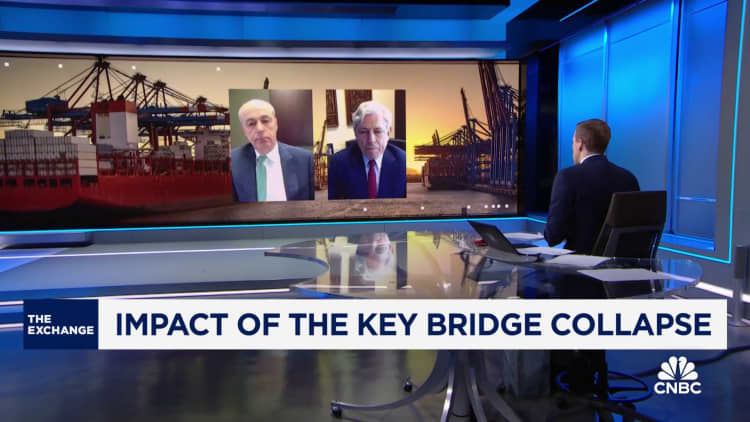
Read More: World News | Entertainment News | Celeb News
CNBC



